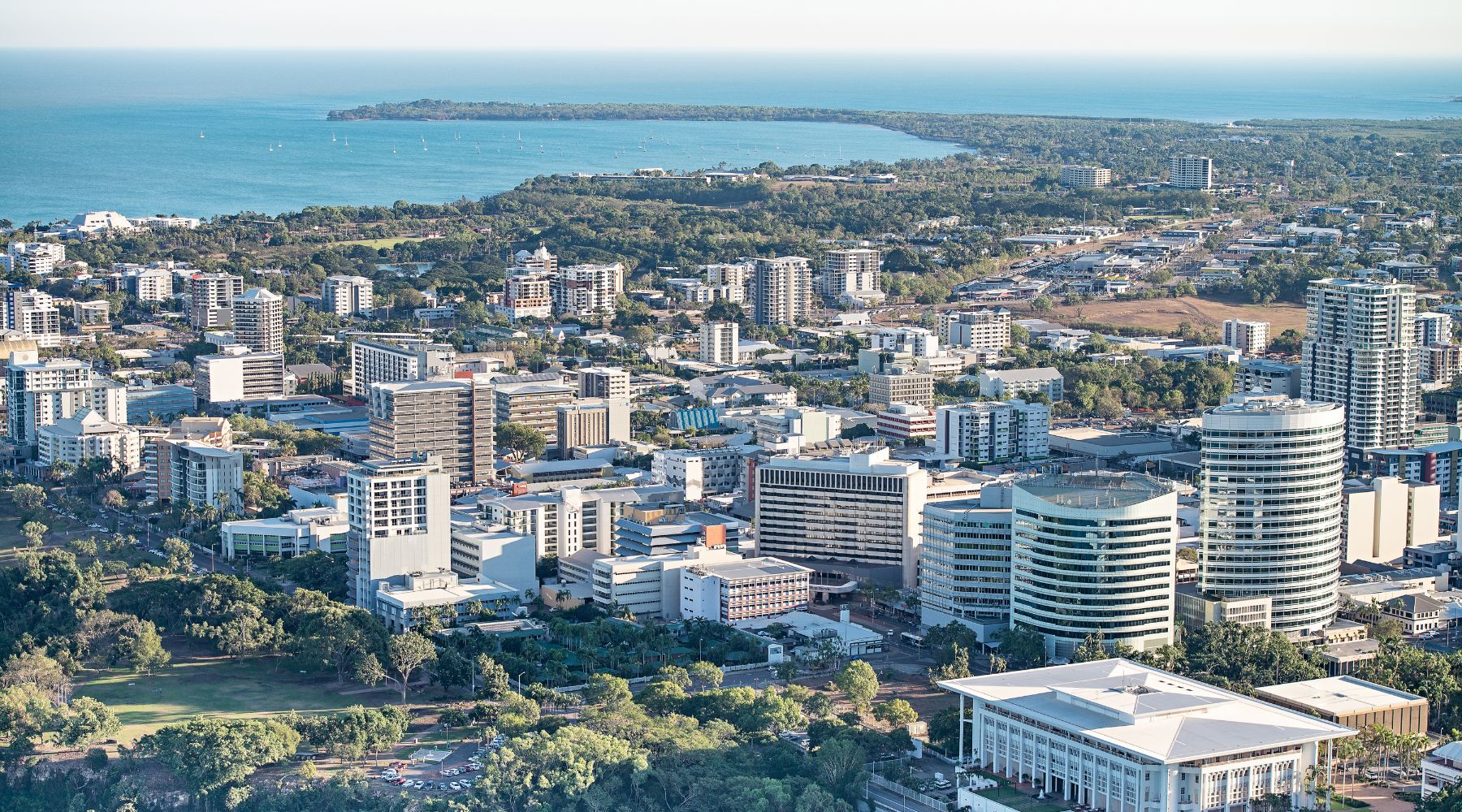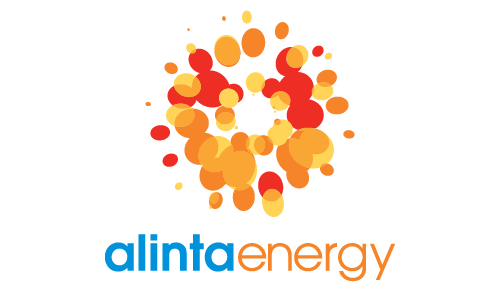The energy market in the Northern Territory offers limited competition and few choices for most residents. If you live in an area where you can choose your electricity supplier, it’s important to understand how the system works to ensure you’re on the best plan for your needs.
How does the NT’s energy market work?
The NT’s energy market works differently to the rest of Australia, with a regulated electricity market where the NT Government sets maximum retail prices for residential customers. These price caps are outlined in the Electricity Pricing Order, which applies to customers using less than 750 MWh per year.
Unlike many other parts of the country, most of the NT is not connected to mains gas. This means there are no gas providers or plans to compare across the territory. Instead, households rely mainly on electricity or use liquefied petroleum gas (LPG) supplied in portable cylinders for gas-powered appliances.
Types of energy plans
What is the average energy bill in the NT?
How much you’ll pay for electricity depends on a range of factors like household size and energy use.
Based on the NT’s Electricity Pricing Order, we calculated that the average electricity bill for a three-person household consuming around 5,000 kWh is about $2,300 in the Territory – roughly $192 per month. This is compared to the Australian average of approximately $1,994 per year.
How to compare electricity plans in Darwin
Electricity options in the NT
Although electricity competition was introduced in the Northern Territory in 2010, the market remains tightly regulated with price caps and a small, dispersed customer base. This means that while residents can choose their electricity retailer in urban areas, prices are still controlled to keep them affordable.
The Power and Water Corporation owns and maintains the electricity network across the NT. It also acts as the sole retailer for remote areas.
In the urban centres of Darwin, Alice Springs, Katherine and Tennant Creek, customers can choose between two electricity retailers:
- Jacana Energy: the government-owned, default retailer that dominates the market.
- Rimfire Energy: a smaller, privately-owned competitor.
Both retailers operate under the same regulatory rules, meaning there’s little variation in pricing. Jacana offers access to government concessions but does not provide additional discounts. Rimfire, meanwhile, can offer discounts but requires customers to have a smart meter to switch.
What electricity tariffs are available in the NT?
Electricity pricing in the Northern Territory is built around a small set of tariff options, each designed for different types of households and usage patterns. These are the tariffs on offer:
- Flat rate: this is the default tariff for electricity customers in the NT, where electricity is charged at a single fixed rate no matter when you use it.
- Time of use: charges different rates depending on the time of day, with higher prices during peak periods and lower prices off-peak. In the NT this is an opt-in tariff and you’ll need a digital or smart meter to track usage.
- Pay-as-you-use: these tariffs are designed for customers on prepayment meters, where you pay for electricity upfront and use credit as you go.
- Multipurpose: for households that also run a business from home. The standard residential rate applies to the first 45 kWh per day, and any usage above that is charged at (higher) commercial rates.
New tiered pricing from 2026
From 1 January 2026, NT households on the flat rate tariff will move to a tiered pricing system similar to the multipurpose tariff. Under this new structure:
- The first 55 kWh per day will be charged at the standard household rate.
- Any usage above 55 kWh per day will be charged at a higher rate, equal to the small business tariff.
Solar feed-in tariffs in the NT
In July 2025, the NT Government announced a new feed-in tariff rate, adjusting how much households are paid for exporting their excess solar energy back to the grid. Under the updated structure, the feed-in tariff for energy exported between 3pm and 9pm will increase to 18.66c/kWh, encouraging people to send more power to the grid during peak evening demand.
The default rate at other times of day is 9.33c/kWh for Jacana customers and 12.1c /kWh for Rimfire customers as of November 2025.
Can I get gas in the NT?
Mains gas is available only in Alice Springs, provided by Australian Gas Networks and serving just 1,190 customers in the Territory as of 2024.
For all other NT residents, piped natural gas is unavailable. Instead, households that use gas-powered appliances rely on LPG, which is typically stored and provided in portable cylinders or bottles.
These bottles are supplied by various retailers and can be delivered, collected or refilled as needed. In the NT, major suppliers include Supagas, ELGAS and Origin Energy, while many service stations and hardware stores also offer refill services for smaller cannisters.
Why compare energy plans through Savvy?
100% free to use
You won't need to pay a cent to compare a variety of energy plans online through Savvy. It's 100% free.
Simple online quotes
By filling out your form and providing a recent energy bill, you can have all the facts and figures worked out for you.
Choice of leading providers
When you fill out your quote, you'll be able to consider offers from some of the leading energy providers in Australia.
NT energy rebates and concessions
Energy Bill Relief Fund
The Australian Government’s Energy Bill Relief Fund was introduced to help households manage rising electricity costs. The program was extended in 2025, giving households a further $150 in bill relief in two $75 instalments .over the latter half of the year. However, the scheme will come to an end at the start of in 2026.
Northern Territory (NT) Concession Scheme
The NT Concession Scheme helps eligible residents reduce their living costs by offering concessions on essential goods and services, including electricity.
If you qualify – such as being on certain Centrelink or Veteran benefits – you can receive up to $1,200 per year toward your electricity costs (equivalent to 8,000 kWh per household).
This concession is available through Jacana Energy, but not through Rimfire Energy.
Medical support allowance
If your electricity use exceeds the concession limit due to a medical condition (either yours or a dependent’s) that directly increases your electricity needs, you may be eligible for an additional $154 medical support allowance.
- Electricity retail pricing - Utilities Commission of the Northern Territory
- Electricity pricing reforms - Northern Territory Government
- Solar feed-in tariffs - Jacana Energy
- About Us - Australian Gas Networks
- Energy bill relief for households - Northern Territory Government
- Electricity concessions - Northern Territory Government
















